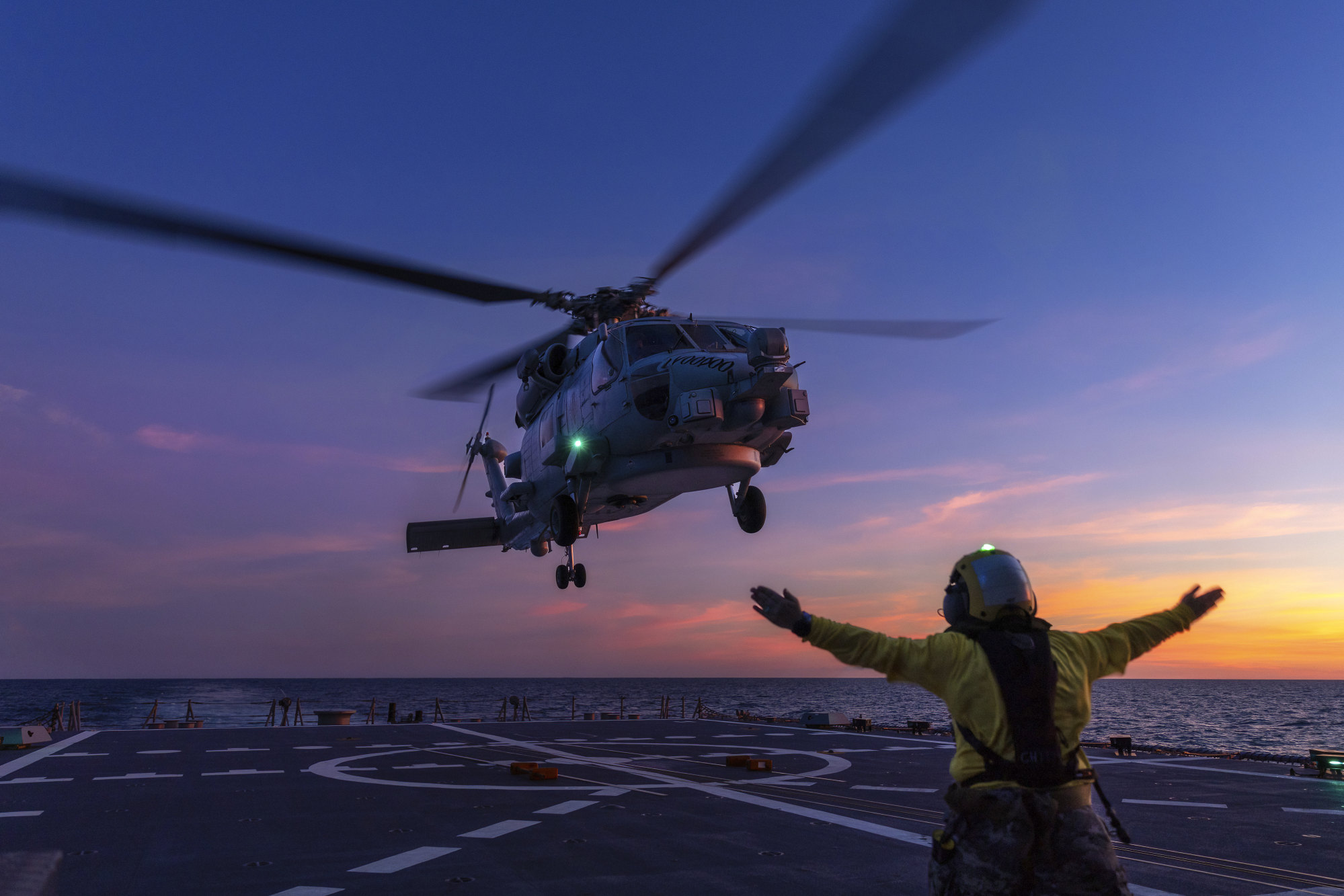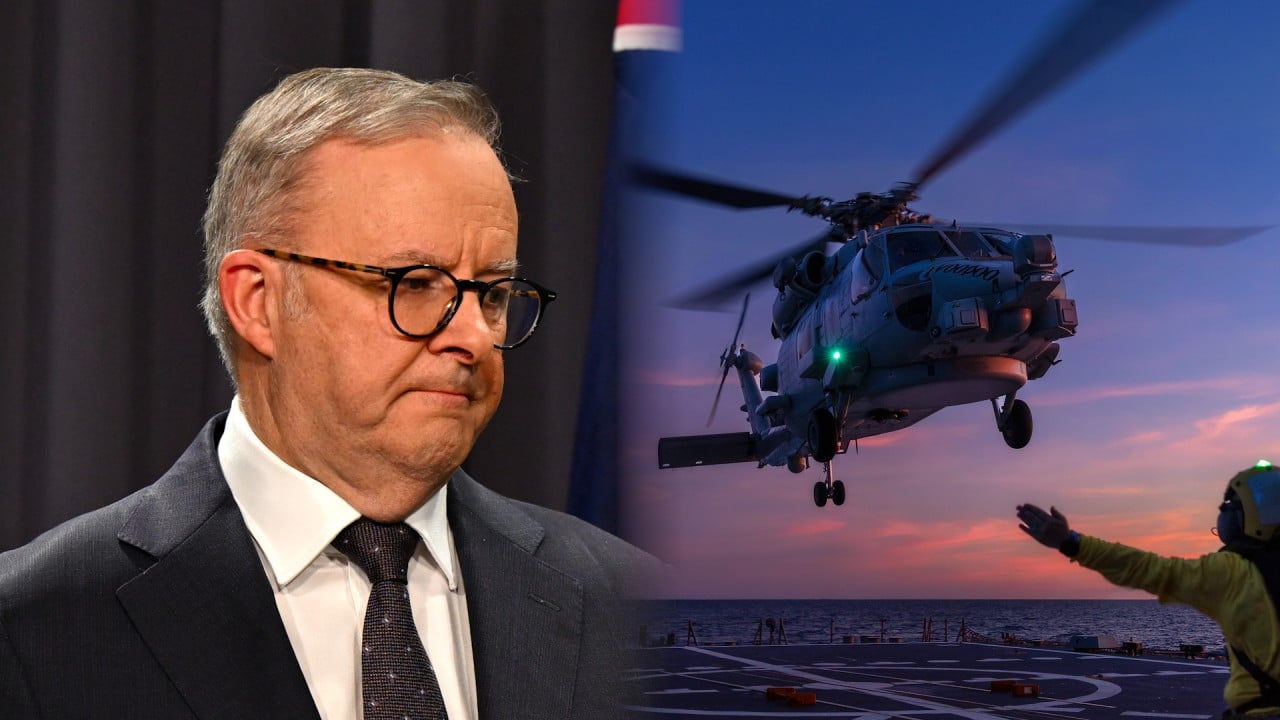Australian Prime Minister Anthony Albanese on Wednesday rejected China’s argument that Australia was responsible for a dangerous weekend encounter between their military aircraft in international airspace over the Yellow Sea.
Both China and Australia lodged official protests and blamed each other for a Chinese warplane’s extraordinary use of flares against an Australian navy helicopter on Saturday.
The Seahawk’s pilot had to “take evasive action” to avoid the flares, which were dropped in the helicopter’s flight path by a Chinese Chengdu J-10 fighter jet, Australian officials said.

There were no injuries or damage, although experts warned the helicopter could have been forced to ditch at sea if an engine had been struck by a flare.
Australia accused China of unprofessional and unacceptable behaviour, while China retorted that the Seahawk deliberately flew close to China’s airspace in a “provocative move.”
Albanese said he rejected China’s argument that the Australians had been at fault.
He highlighted Chinese Foreign Ministry spokesperson Lin Jian’s statement that the helicopter “flew within close range of China’s airspace.”
“That’s a confirmation that this chopper was in international air space,” Albanese told Perth Radio 6PR.
Albanese also noted the helicopter had been upholding international law at the time as part of the crew of an Australian air warfare destroyer that was enforcing UN Security Council sanctions against North Korea.
“This was unprofessional and unacceptable. And the Chinese spokesperson’s comments do nothing to undermine or to question what is the Australian Defense Force’s assessment of the PLA’s unsafe behaviour,” Albanese said, referring to China’s People’s Liberation Army.
China’s Ministry of National Defense added an accusation that the Australian destroyer had sent helicopter missions to carry out “close-in reconnaissance and disturbance” of a Chinese navy training exercise.
China issued warnings and forced them to leave, ministry spokesperson Zhang Xiaogang said. He called the steps legitimate and in accordance with international law.

“We firmly oppose the Australian side’s statement confusing black and white and making unfounded countercharges,” Zhang said in a statement.
The Australian government did not immediately respond to the Chinese suggestion of spying.
It was the most serious encounter between the two nations’ forces since Australia accused the Chinese destroyer CNS Ningbo of injuring Australian navy divers with sonar pulses in Japanese waters in November.
Albanese said the weekend encounter would be raised with Chinese Premier Li Qiang when he visits Australia next month.


